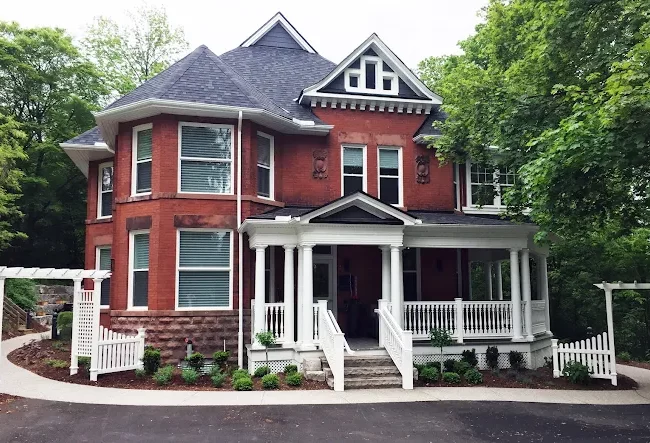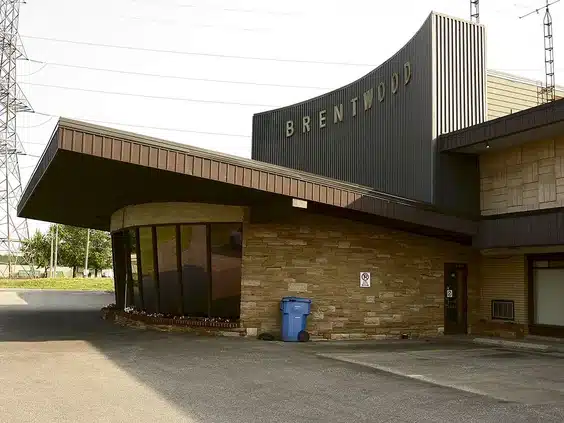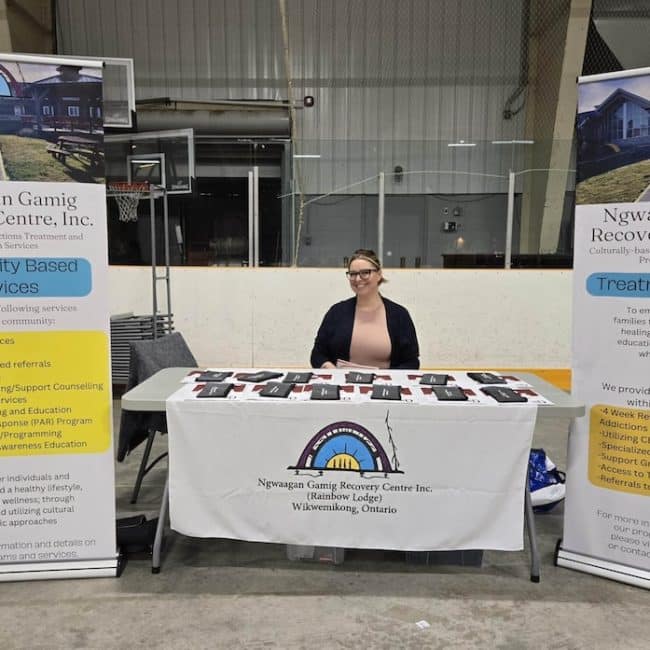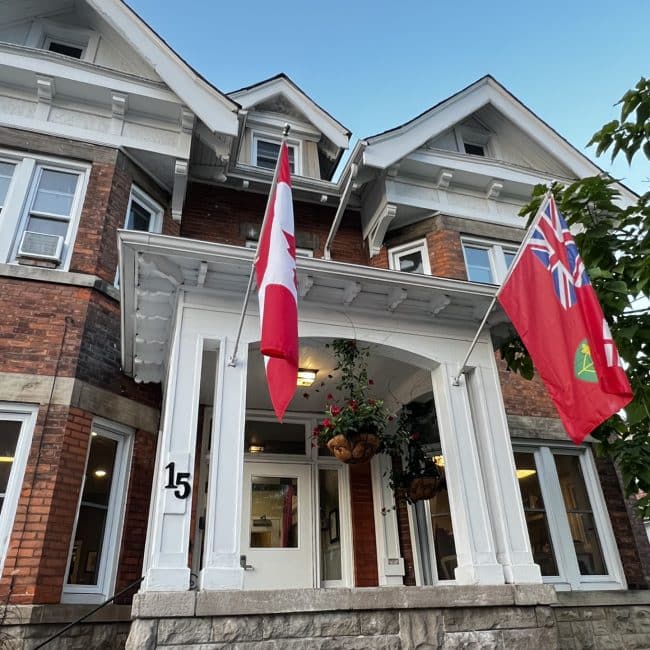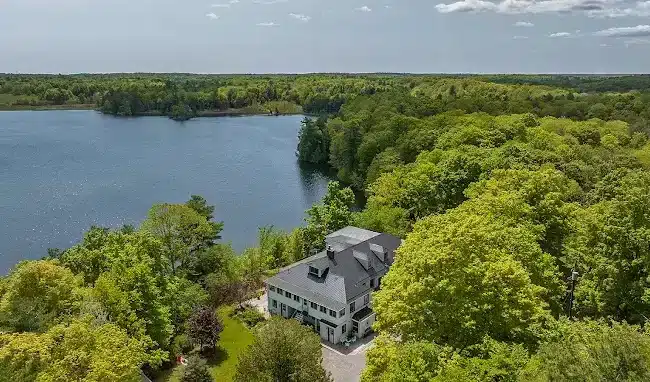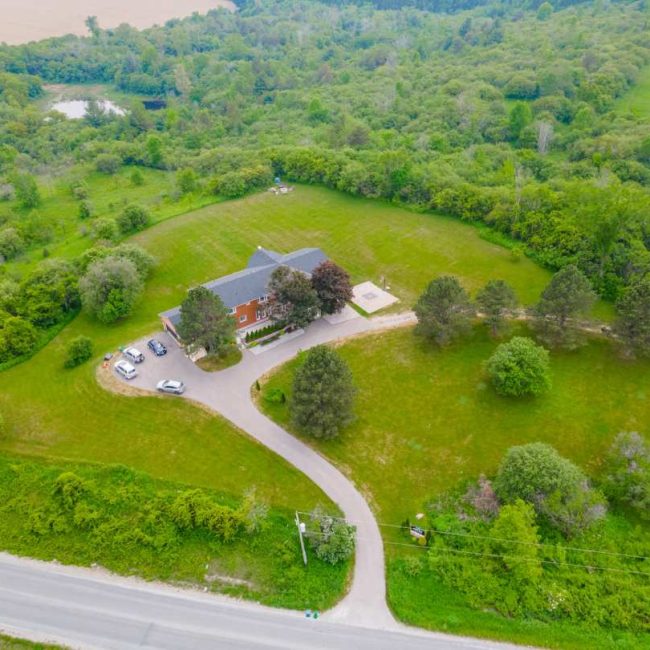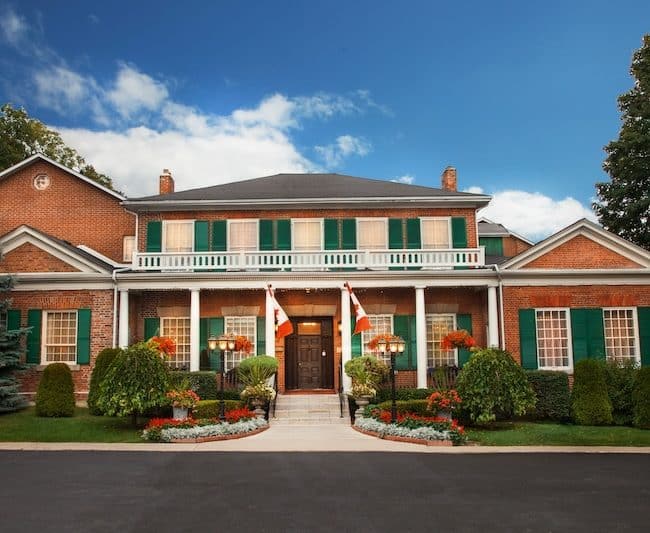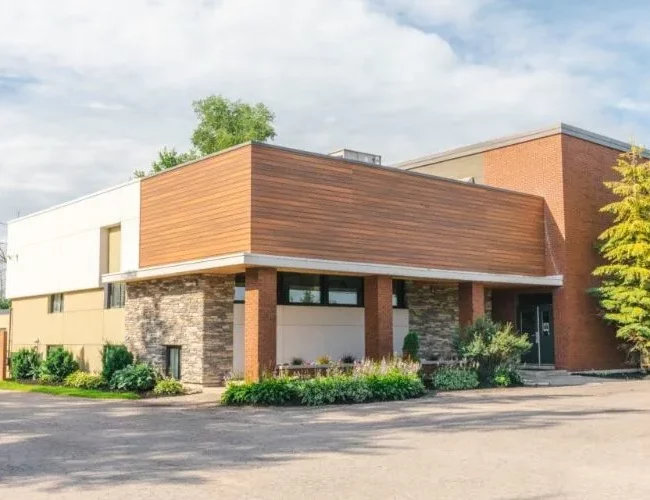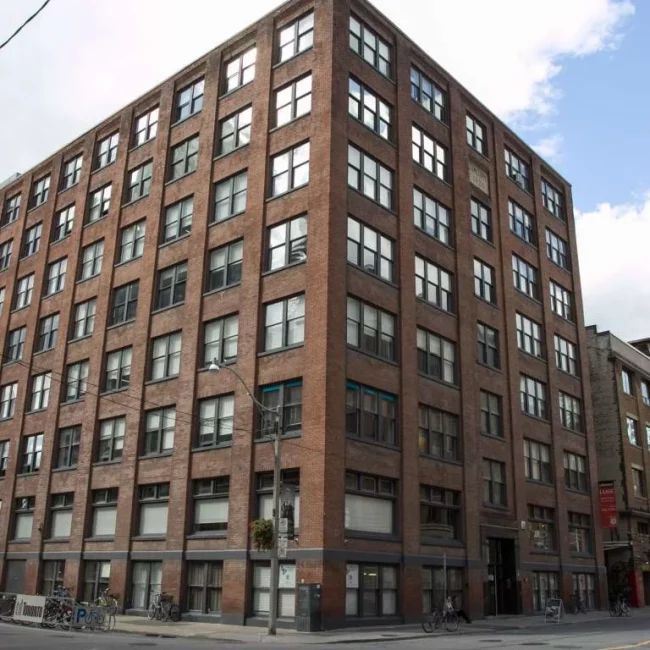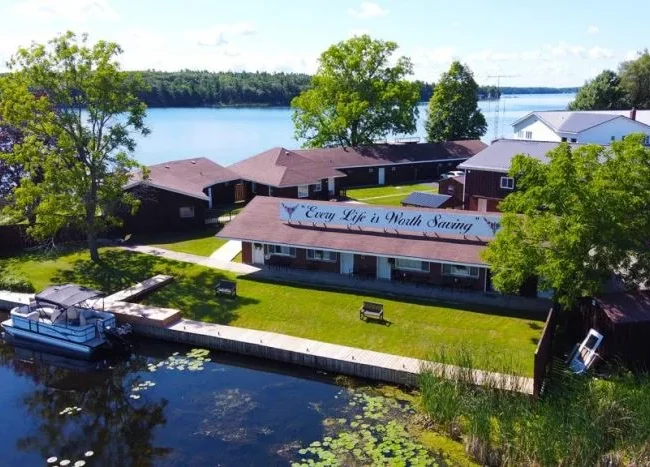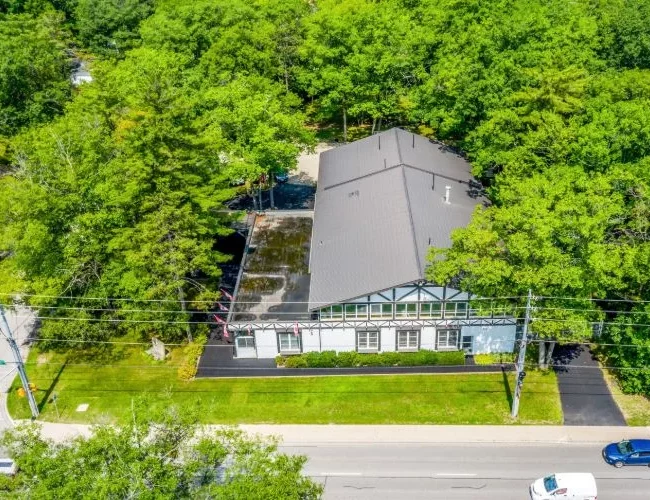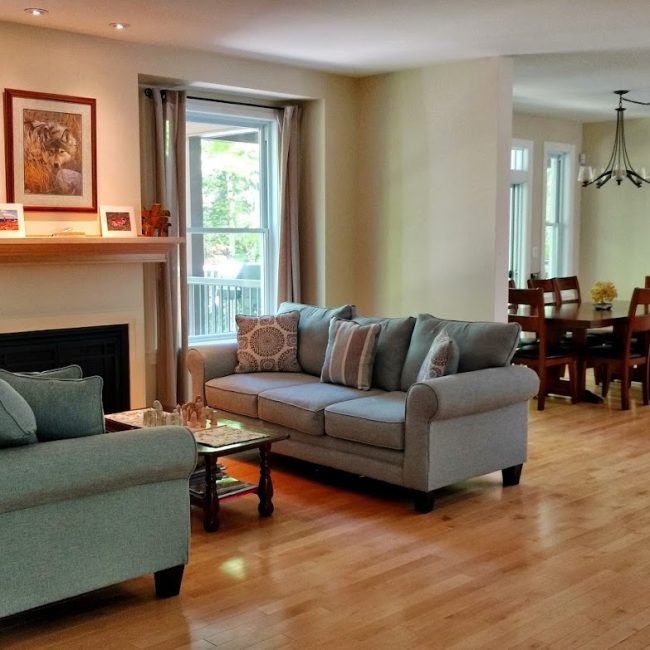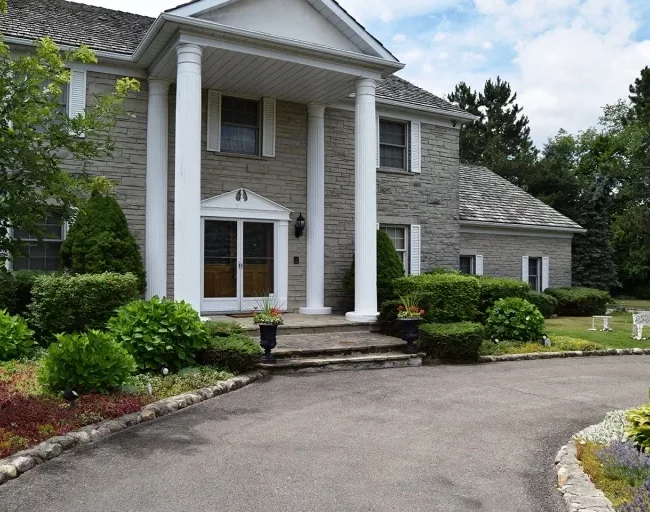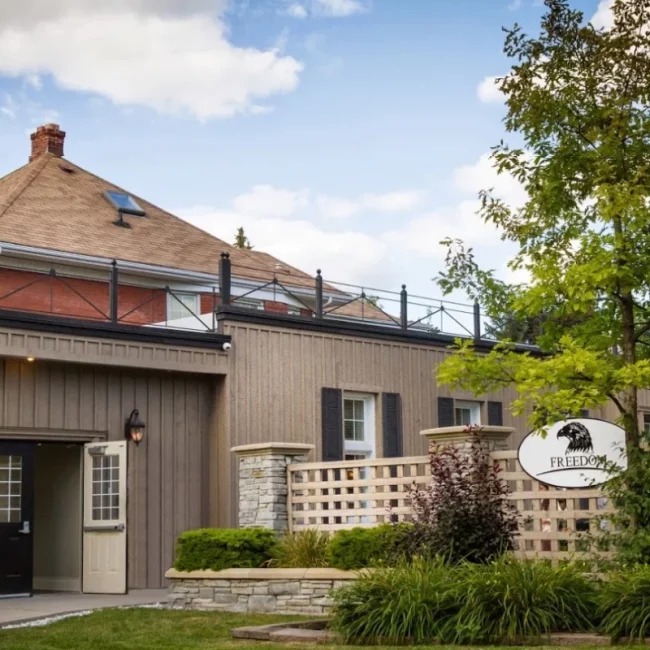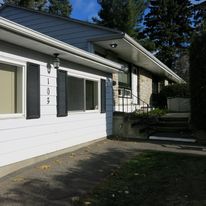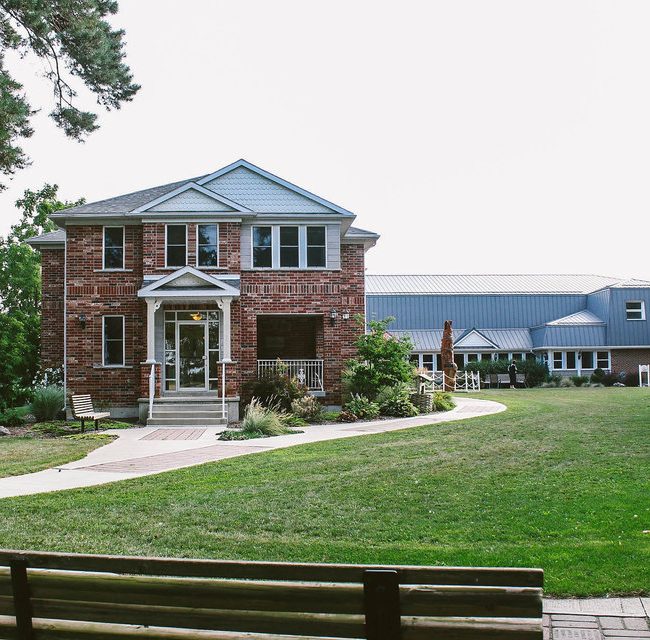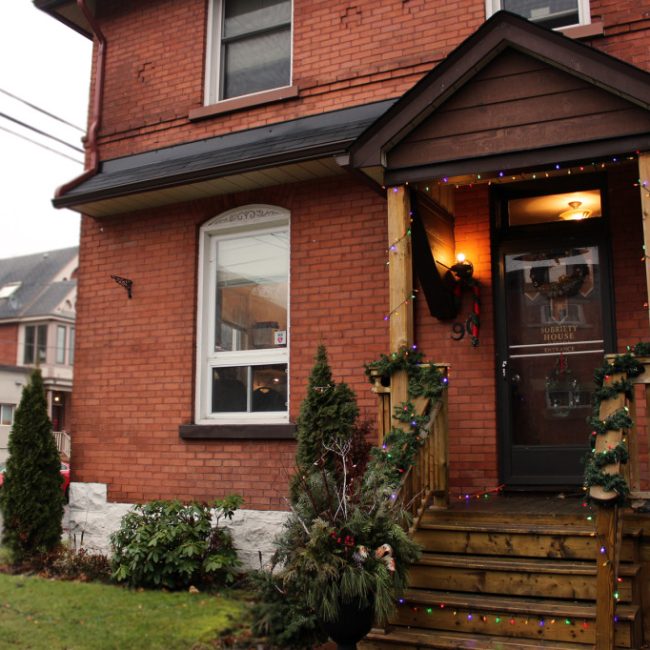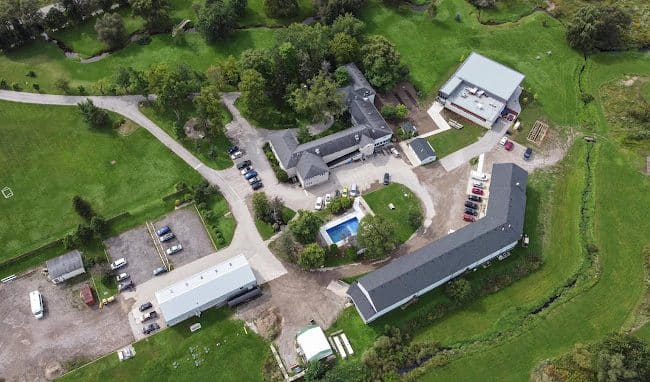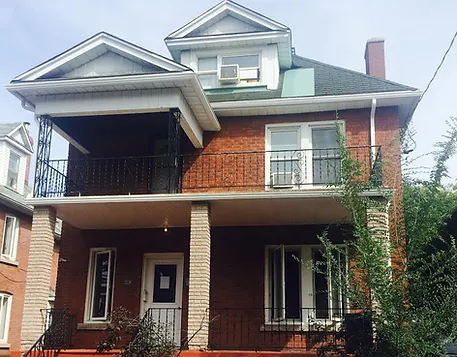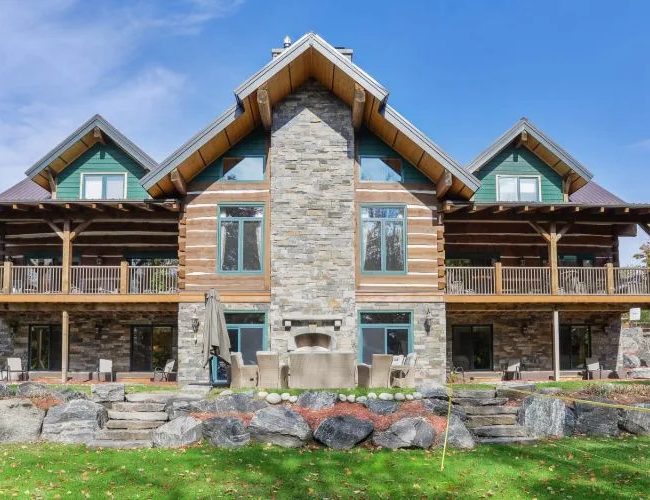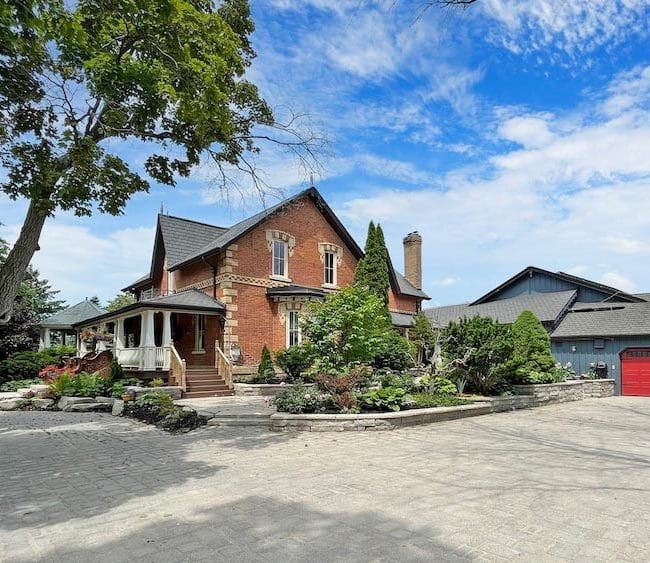Ontario Rehabs
Best Rehab Centres in Ontario
Addiction Rehab Toronto
4 Warrendale Ct, Etobicoke, ON M9V 1P9, Canada
Addiction Rehab Toronto is one of the premier addiction treatment centres in Toronto, with a long-standing reputation for providing effective and high-quality rehabilitation services to those in need. They offer various types of addiction recovery treatments such as drug rehab, […]
The Residence at Homewood offers private, medically supervised mental health treatment in a serene,
Brentwood Recovery Home – Center Overview Brentwood Recovery Home – Compassionate Addiction
Ngwaagan Gamig Recovery Centre – Center Overview Ngwaagan Gamig Recovery Centre Inc. – meani
Wayside House Of Hamilton – Center Overview Wayside House of Hamilton is a trusted non-profit
Bonvie Recovery
Bonvie Recovery | Addiction Treatment Center in Ontario Bonvie Recovery is a trusted addiction treat
Another Road Addiction Recovery Centre
Private Addiction Treatment in Ontario Another Road Addiction Recovery Centre is a premier private a
Twelve Mile Recovery
Twelve Mile Recovery – Comprehensive Addiction Treatment in St. Catharines, Ontario Twelve Mile Re
Canadian Centre For Addictions
The Canadian Centre for Addictions is a premier residential treatment facility located in Ontario, C
Helix Healthcare Group offers a wide range of therapies for its patients. One of the most important
About Gateway Recovery Centre Gateway Recovery Centre is a unique facility that was created to serve
Kyla Fox Centre: An Introduction Kyla Fox Centre is a private eating disorder treatment centre based
Field Trip Health Toronto: Revolutionizing Mental Health Treatment Field Trip Health Toronto is a fo
Medical Detoxification at Medical Detox Ontario Medical detoxification, or medical detox, is an esse
Metamorphosis Centre for Change: A Philosophy of Transformation Metamorphosis Centre for Change aims
General Information Breton House is a residential facility that is specifically designed to support
Location and Amenities Neworld Medical Detox is conveniently located outside Toronto, providing a pe
Freedom from Addiction is a rehab center, which caters to individuals who are struggling with addict
Our Team of ProfessionalsAt Serenity House, we are proud of our experienced team of professionals wh
Westover Treatment Centre provides clients with a peaceful and serene environment that allows for he
Sobriety House is a non-profit rehab centre that has been helping men struggling with addictions sin
Teen Challenge Canada – Ontario Men’s Centre is a drug and alcohol rehabilitation centre located
Maison Decision House is a bilingual rehab centre that offers a specialized intensive substance abus
Muskoka Recovery
At Muskoka Recovery program, our aim is to offer a holistic approach to supporting clients through a
Simcoe Addiction & Mental Health
Simcoe Addiction & Mental Health is renowned as Ontario's top provider of addiction and mental healt
Additional Information on Rehab in Ontario
Ontario offers a plethora of treatment facilities and rehab centres to aid in the recovery from alcohol and drug abuse and related mental health disorders such as anxiety and depression, often providing activities like movie nights, yoga, and swimming. Many of these facilities offer personalized one-on-one treatment or small group therapy, ensuring a comfortable and supportive experience. With multiple rehab locations throughout Ontario, finding the right fit is easily achievable.
As a Canadian province, Ontario is home to numerous large cities, including the Canadian capital of Ottawa, and features beautiful natural scenery, including many lakes and wooded areas. Activities like visiting Niagara Falls, hiking and canoeing, and exploring cities like Toronto, which is situated on a lake, make for a fun and enriching experience.
What factors should I consider when selecting an addiction treatment centre?
When choosing a rehab, it’s crucial to consider several factors. These include the location, which can influence the environment and available activities, as well as its accessibility from your current residence. The rehab’s treatment approach and how well it aligns with your personal preferences is also an important consideration. Additionally, it’s essential to assess whether the facility provides specific therapies or amenities that meet your requirements and caters to particular populations.
Lastly, it’s important to determine if the rehab can meet any unique needs you may have, such as the ability to continue working while receiving treatment. The significance of each of these factors will depend on your individual situation. If you have any questions or require additional information, the admissions staff at the rehab can provide assistance.
Is it possible to relapse after addiction treatment, and if it happens, what steps can I take?
Addiction is rooted in deeply ingrained patterns, making it common to revert to old behaviors or experience relapse after treatment. To support individuals throughout their recovery journey, contingency measures are implemented. These include relapse prevention planning, which commences during treatment, stepped down care options such as intensive outpatient programs (IOPs) and sober living, aftercare programs that enable individuals to continue therapeutic progress from home, and group meetings to establish and sustain a sober support network.
How much does rehab cost?
Private addiction treatment is a specialized form of rehabilitation that provides exclusive and personalized services for individuals who require high-end facilities and comprehensive care. The cost of these programs varies widely, depending on the services offered and the facility’s amenities.
On the lower end of the cost spectrum, private addiction treatment programs with lower overhead costs can range from around $3000 per month. These programs typically provide a range of treatments, including detox, counseling, and aftercare, but may not have the same level of amenities as more expensive programs.
On the higher end, ultra-exclusive private addiction treatment programs can cost upwards of $80,000 per month. These programs offer luxurious accommodations, private rooms, gourmet food, and a range of additional services such as spa treatments, massage therapy, and fitness classes.
Regardless of the cost, the primary goal of private addiction treatment is to provide comprehensive and personalized care to help individuals achieve lasting recovery. The cost of these programs should be evaluated in light of the benefits they provide, including the level of care, quality of accommodations, and success rates in achieving long-term sobriety.
Is therapy covered by OHIP (Ontario Health Insurance Plan)?
In Ontario, OHIP covers therapy provided by medical doctors like family doctors or psychiatrists or in medical settings such as hospitals or clinics.
Additionally, the Government of Ontario provides funding for Family Health Teams (FHT), which are comprehensive healthcare clinics that include a family doctor and other practitioners like physiotherapists, dietitians, social workers, and other mental health professionals. Under one roof, these services are covered by OHIP.
There are also government-funded or subsidized clinics that offer low-cost or free mental healthcare. You may be able to refer yourself to these clinics, but in some cases, you may need a referral from a medical doctor to ensure coverage. Toronto’s Centre for Addiction and Mental Health (CAMH) provides a list of these resources for residents of Ontario, including online options, and those in the Greater Toronto Area (GTA).
How long do rehab programs last?
Residential rehab programs are highly structured treatment programs that require individuals to reside at the facility during the course of their treatment. These programs generally last for a minimum of 30 days and can be extended to 90 days or more, depending on the individual’s needs and the options offered by the facility.
The duration of treatment can vary depending on several factors, including the nature and severity of the individual’s condition, the treatment approach used, and the individual’s response to treatment. The facility may also consider factors such as the individual’s support system, employment or education needs, and financial resources when determining the length of the program.
In some cases, individuals may require extended treatment beyond the initial program duration to achieve lasting recovery. This may involve stepping down to an outpatient program or other aftercare options, which can help individuals transition back to their daily lives while maintaining the skills and tools they acquired during residential treatment.
It’s important to note that the duration of treatment should be tailored to meet the individual’s specific needs and may be adjusted as necessary throughout the course of their recovery journey. The goal of residential rehab programs is to provide a comprehensive and individualized treatment plan that addresses the individual’s unique needs, ultimately leading to long-term sobriety and improved mental health.


